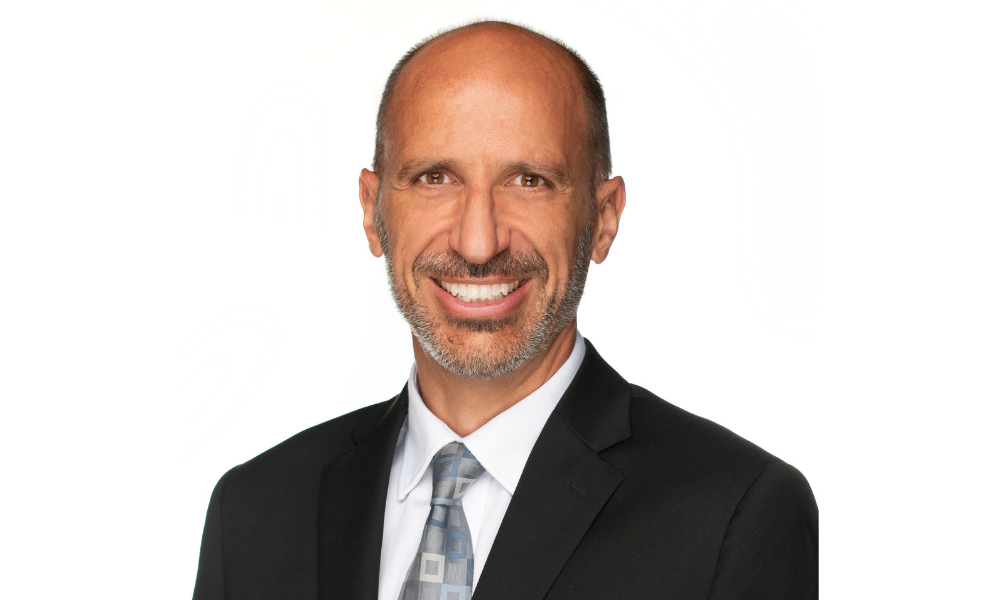Survey shows 80% of Canadians, most with advisors, don't know the difference

Advisors need to help people realize that an RRSP, or investment, is not a retirement plan.
“I think advisors and their companies and financial institutions have to assume some of the responsibility to ensure that Canadians get the advice they need,” Aurele Courcelles, Assistant Vice President, Tax and Estate Planning, at IG Wealth Management in Winnipeg told Wealth Professional. “Because people are believing that if they have an RRSP, they have a retirement plan. They don’t understand the difference between them.
“I think advisors really have to take a step back and assume some responsibility, both in terms of what they offer their clients, but also educating their clients about financial literacy and what financial planning is all about.”
A 2021 IG survey showed that 80% of respondents mistakenly believed their investment plan was a retirement plan. Another three-quarters who worked with a financial advisor and had a financial plan reported it only focused on investment, so just one-quarter really had a retirement plan.
A 2022 IG survey showed only one-third of Canadians surveyed use financial advisors to help with their retirement plans. Courcelles said the survey pointed out that many of those think that if they’ve contributed to an RRSP, they have a retirement plan.
“Retirement planning is just one element of a fulsome financial plan that includes secure cash management, insurance, risk management, investment planning, retirement planning, tax planning, estate planning, and budgeting,” he said. “Retirement plans don’t just focus on investment. They’re much more all-encompassing.
“Advisors need to educate clients that there’s nothing wrong with contributing to an RRSP, but it’s not a retirement plan. The clients need to work with advisors who take a more holistic approach and look at their financial planning as a whole because that’s huge.”
While clients can get tax breaks for contributing to an RRSP, and that does help them save for retirement, Courcelles noted that a true retirement plan looks at all income streams and expenses.
“You have to take a step back from retirement and ask: where’s your income going to come from?” said Courcelles. “That’s where the advisor can help them think about the long term.”
He noted that the surveys show that many people haven’t discussed this with their spouses, and they don’t know what their retirement income will be.
“They just assume that they have an RRSP and they’re probably going to get CPP, or QPP in Quebec, and that should be sufficient,” he said.
Potential retirement income includes government pension programs (Canadian Pension Plan and Old Age Security), any employer-sponsored pension or group registered savings plans that clients’ employers provide, and the clients’ personal savings.
Courcelles noted that the government pensions may not cover food and rent, and certainly won’t cover entertainment and travel. Not everyone has employer-sponsored pensions and the defined benefit plans that used to be around have been converted. “They’re not as guaranteed as they used to be,” he said. “So, you have to supplement everything else from your personal savings.”
A financial plan also looks at expenses, but IG’s most recent survey showed that only 18% of the Canadians surveyed had given any thought to their monthly retirement budget and only 21% understood how they would be taxed in retirement. Only one in five respondents were confident they knew what their insurance needs would be, and only 19% had an estate plan in place. Only 57% of married/common-law couples had discussed their retirement plans with each other.
While other pandemic surveys showed that people want to age at home, Courcelles noted that they’ll need money for personal care support. They may also need to pay for long-term care.
Most clients don’t know if they’ll have enough income to cover their expenses without running out of funds, so he said advisors can help clients look at their non-discretionary – food, clothing, shelter, heat – expenses and discretionary “fun” money items, such as entertainment and travel.
While Courcelles noted inflation can eat into people’s available retirement income, he was less worried about market volatility for those still saving for retirement and getting a good rate of return. He did note that it’s a bigger issue for those now retired because “if you’re drawing down and markets are going down, you’re pulling money out when markets are not going in your favour.”



